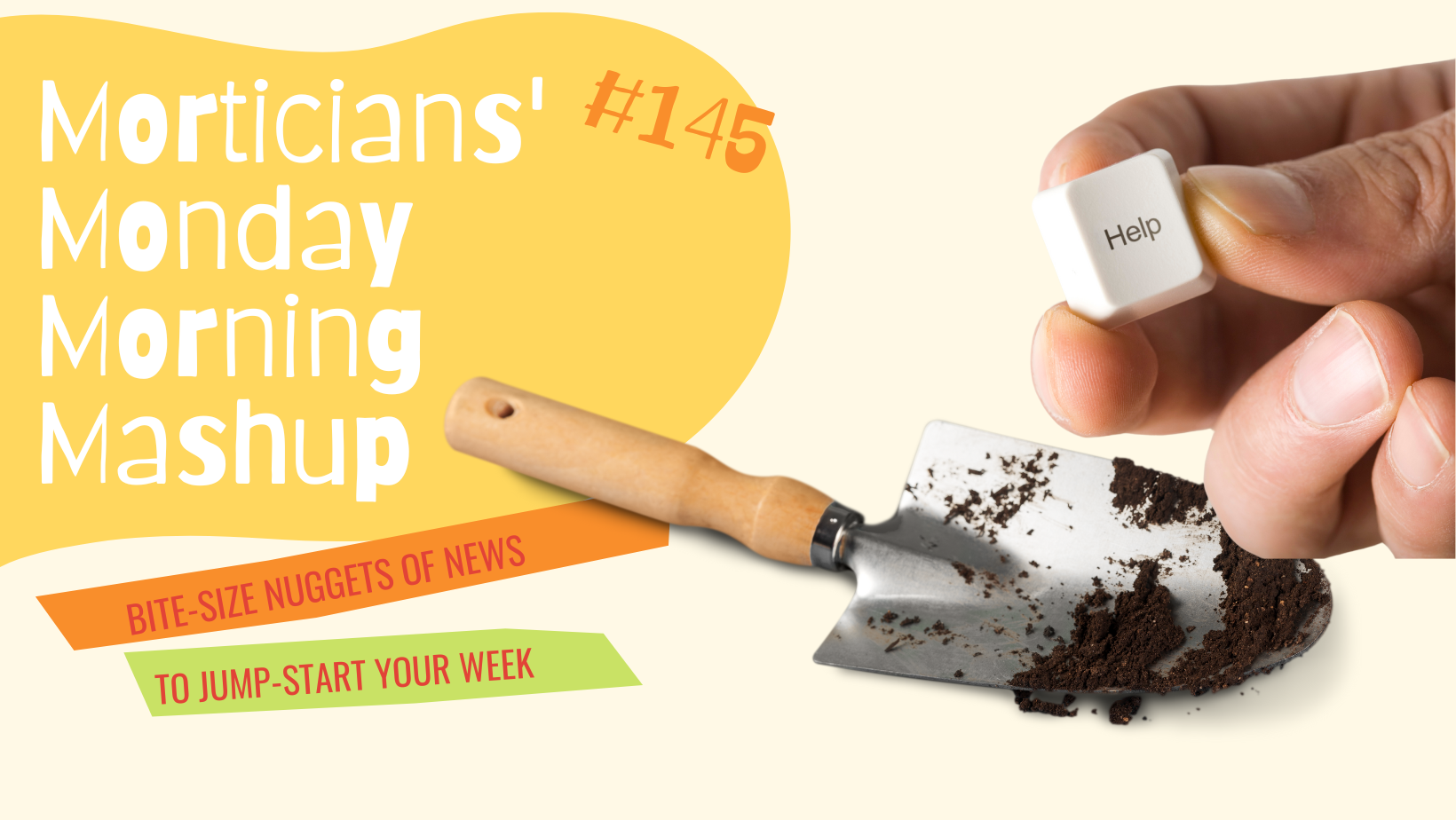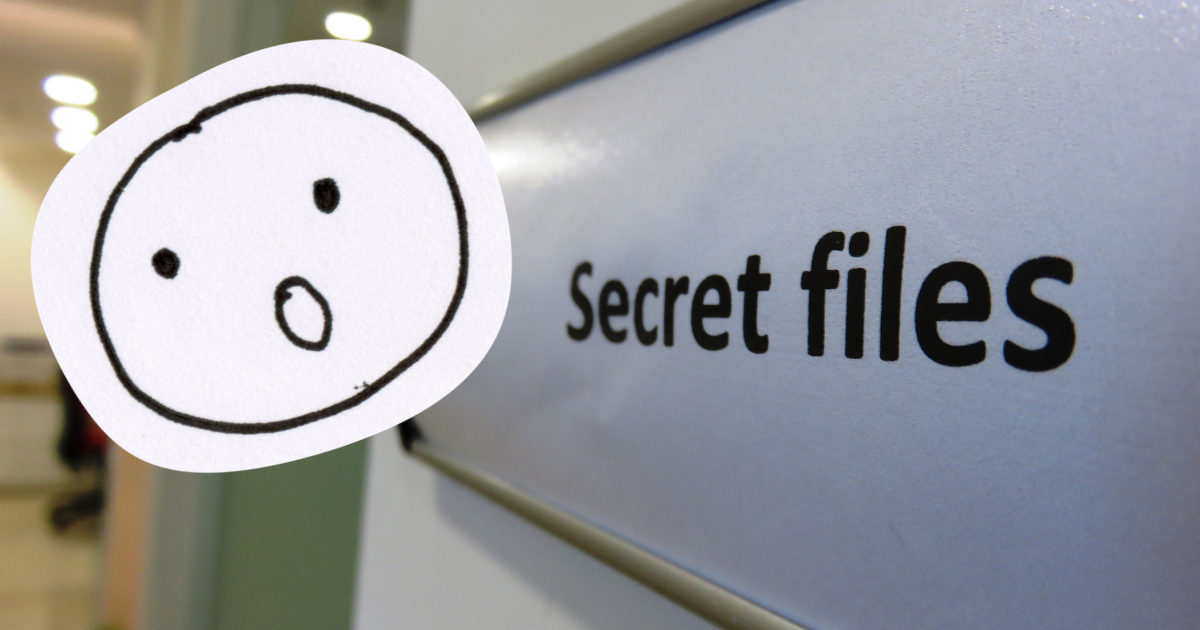Digging for Discounts & Helpful Hank | 4M #145
Welcome to the hundred-and-forty-fifth edition of Morticians’ Monday Morning Mashup, 4M #145, where we’ll serve up bite-sized, easily-digestible nuggets of the deathcare news you need to crush conversations in the week ahead. Bon appetit!
Hank helped, but so did Generations
We’ve shared several stories here in the 4M of consumers reaching out to TV news outlets for intervention in deathcare issues, and too often these segments reflect badly on the profession. But that’s not what happened when “Help Me Hank” from Channel 4 in Detroit reached out to the owner of Generations Funeral Home in Farmington Hills. A woman named Anita had asked for Hank’s help to retrieve the cremains of her husband, who died in April. Anita had applied for financial help through a state-sponsored assistance program, but the money had not come through, and as of last week, the funeral home had still not been paid, despite countless frustrating calls and unreturned emails. Instead of holding out for payment, though, the owner of Generations waived the fees for Anita, and allowed Hank the honor of delivering Anita’s husband to her home. “Help Me Hank” described his experience graciously and respectfully, giving proper credit to Generations. That’s the kind of consumer interaction we love to share!
Repurpose, reuse, recycle?
In 2019, a Hawaii homeowner doing home maintenance flipped over a stepping stone in her backyard — only to find an epitaph engraved on the other side. As it turns out, there are even more markers under her driveway and buried beneath the lawn — at least 116 in total. She reached out to the managers of the nearby National Memorial Cemetery of the Pacific, commonly known as the “Punchbowl,” where tens of thousands of veterans and their families are buried. Together, they’ve determined that at least some of the stones are duplicates of some in place in the Punchbowl — discarded either because of an inscription error or replacement when a spouse was added to the spot. However, there are no records to indicate how the stones ended up paving the homeowner’s yard. Either way, the owner is determined to treat the stones with the respect those memorialized deserve and find a meaningful spot for them to be relocated.
Graft and graves
Two former Massachusetts cemetery commissioners are finding that crime really doesn’t pay. Seven years ago, these guys voted to give themselves and their families members deep discounts on cemetery plots “in consideration for a lifetime of service.” One paid $1,200 for six $1,000 lots, and another helped himself to a large space fit for more than five family members for only $5,000. After officials noticed the discrepancies in the costs vs. what was collected, they fined the commissioners $14,000 and $6,000, respectively, plus the difference in the actual plot cost and what they paid.
Don’t look back
I was “today old” when I learned this: One of the rituals of the Hindu practices called Sanatana Dharma is that following the cremation of a loved one, family members should never look back at the crematorium as they leave. Why? Because of the Hindu belief that the soul of a person rises from the body into another world after cremation; if a family member of the deceased looks back, the “attachment of the soul to the family prevents it from passing to another realm.” In other words, the spirit gets attached to the person looking back at them and stays with them rather than passing on. Now you know!
Discrimination in Delaware?
The Delaware chapter of the American Civil Liberties Union (ACLU) filed a discrimination lawsuit in federal court last week against the state’s Board of Funeral Services on behalf of a Muslim Imam (a community leader or prayer leader). The suit alleges that the board “unconstitutionally denies his access to download and file death certificates and body transfer paperwork.” The Imam conducts funerals for the Muslim community according to the faith’s traditions, which involve simple cleaning, limited viewing, and immediate burial; they do not include embalming. However, because the board requires applicants for a funeral director license to perform 25 embalmings, the Imam is not licensed, as the practice goes against his religious beliefs. As a result of not being a licensed funeral director, the Imam does not have access to Delaware’s online death certificate system. You can read more details of the discrimination suit on the ACLU’s site.




